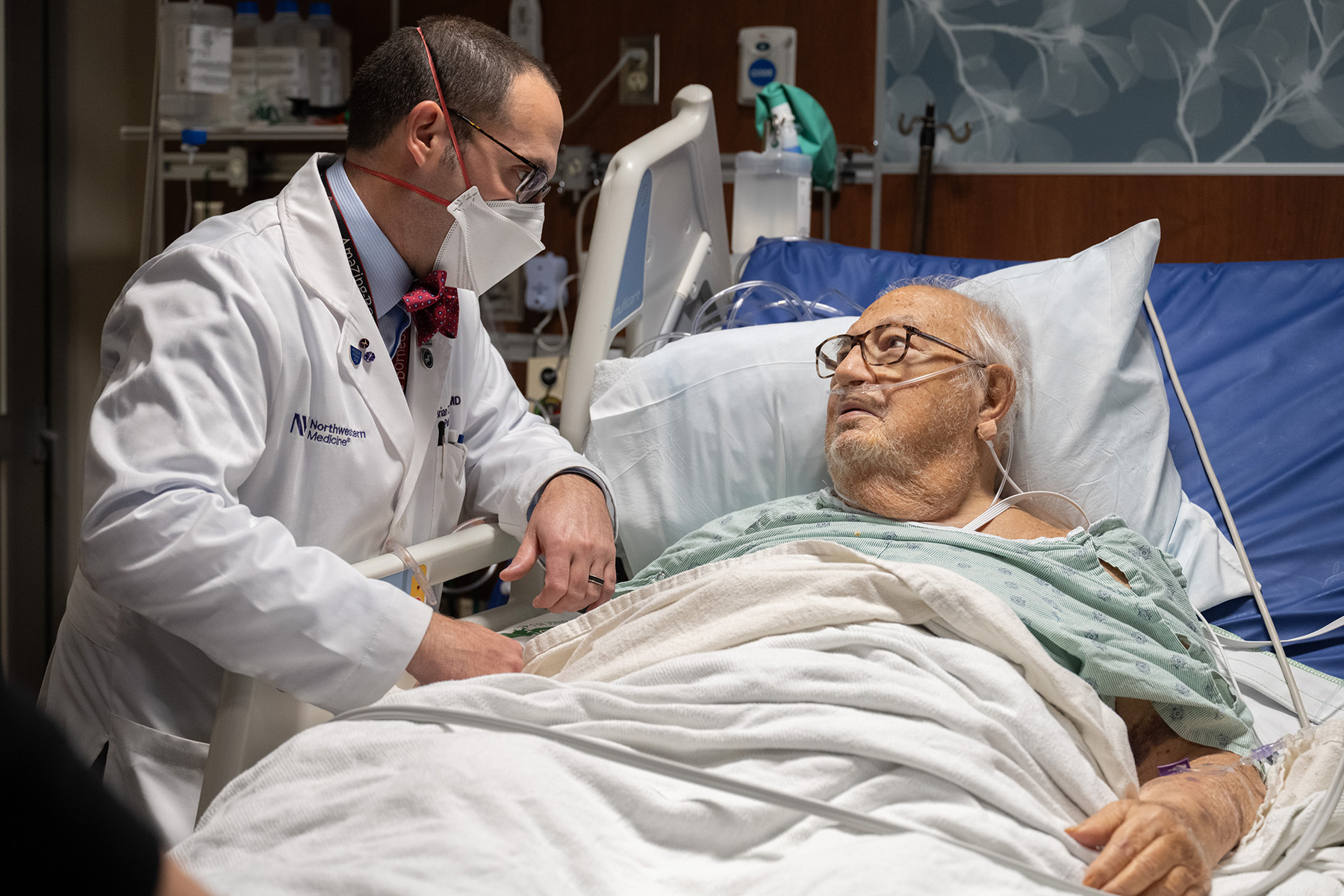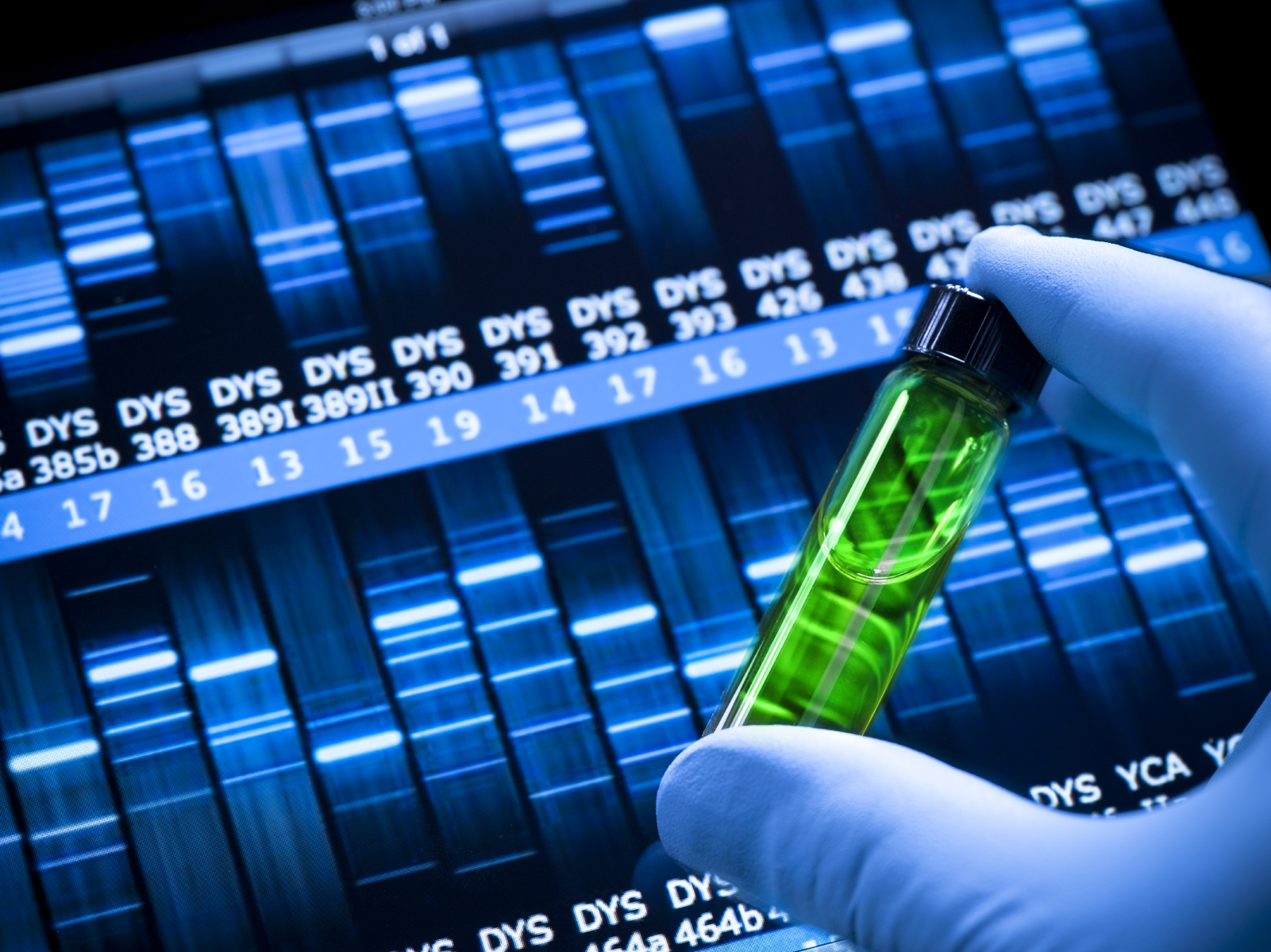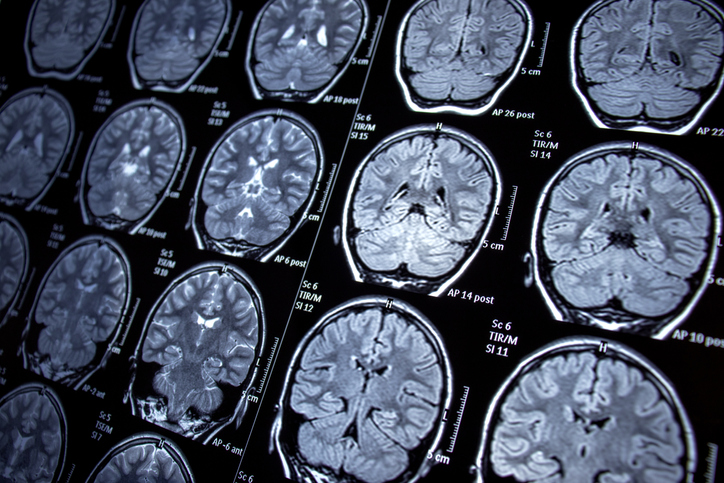Tag: Research
-

Making Connections at the Fourth Annual Les Turner ALS Symposium
National and local ALS researchers, experts, doctors and patients gathered at Northwestern University Feinberg School of Medicine’s Fourth Annual Les Turner Symposium on ALS and NeuroRepair on Thursday, Dec. 11.
-

Studying the Structural Causes and Consequences of Whiplash
Northwestern Medicine scientists have received a $1.6 million grant from the National Institutes of Health (NIH) to investigate the biological reasons that a quarter of all people with whiplash injury from motor vehicle collisions fail to fully recover in the long-term.
-

Four Faculty Members Named AAAS Fellows
Four Feinberg faculty members have been elected fellows of the American Association for the Advancement of Science (AAAS), the world’s largest general scientific society.
-

Restricting Surgical Residents’ Hours Doesn’t Improve Outcomes
A study of U.S. hospitals revealed that 2011 restrictions on resident duty hours did not improve surgery patients’ outcomes, one of the first national evaluations of the results of the restrictions.
-

Evaluating Testosterone Replacement in Men With HIV
A new Northwestern Medicine study found that testosterone replacement in the United States is more than twice as common among HIV-infected men than the general population.
-

Disentangling the Dopaminergic System
Northwestern Medicine scientists have found several molecularly distinct subtypes of dopamine neurons – important nerve cells associated with many diverse behaviors and diseases.
-

Longer Surgery Means Higher Blood Clot Risk
Recent Northwestern Medicine research shows that longer surgeries are associated with a higher risk of dangerous blood clots, a consistent trend across all procedures.
-

Lectures on Campus: Biomaterials, Dance and the Exposome
At three recent lectures, investigators shared research on 3-D printable biomaterials, a Latin dance program for older Latinos and the environmental causes of disease.
-

Exploring How Arsenic Combats Leukemia
A Northwestern Medicine study unearthed the mechanisms behind arsenic’s anti-cancer effects to show how the chemical compound could combat multiple types of leukemia.
-

Departments Rank High in List of NIH Funding
Eight departments at Northwestern University Feinberg School of Medicine rank in the top 10 in their discipline in a list of National Institutes of Health (NIH) funding to medical schools, with an additional three departments in the top 20.






